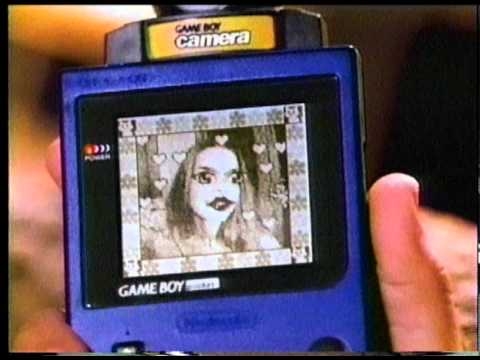The story behind Metal Gear Survive is way more interesting than the game itself

A Very Morbid Curiosity
This week, our resident Metal Gear super-fan Sam Barsanti busted into Metal Gear Survive, the weird-as-hell MGS5 spin-off assembled from that game’s beautiful, flexible engine by whatever remains of the former Kojima Productions. Wolfman Jew summed up exactly how I’ve been feeling about this strange, maligned release:
There’s something captivating about this whole idea, and that has nothing to do with the mechanics and everything to do with how overtly mercenary and shameless it is. It’s honestly kind of comforting, in an odd way, that the first post-Kojima Metal Gear is a zombie survival game explicitly set in an alternate universe. There’s no (at least as far as I can tell) attempt to tie this into the series thematically or narratively, and it’s fairly openly using the same engine as The Phantom Pain. Though there’s also a sad coincidence there about how that game, for all its mechanical strengths and neat ideas, was the most disappointingly “normal” of the series, and less wild or frenetic. It felt like an appropriate anticlimax for a series whose creator became stifled by his own creation, and its assets all being repurposed for this…thing feel equally appropriate.
But it’s a shame this game is so cheaply mercenary and so awash in the absolute worst of modern game business practices—micro-transactions, forcing you to pay for more save slots, the ways Konami has treated its staff—because some of the mechanical ideas sound interesting. Taking a survival game like Don’t Starve and giving it this massive setup could actually be a cool way to do horror. And while the health and stamina needs seem to be oppressive (and it’d be good for the game to allow you to play with the difficulty more, or at least let you turn it off, like New Vegas’ Hardcore Mode), I like that there’s a willingness to try them. I know there are some I can’t remember or don’t know, but it’d be a fun way to turn the cramped corridors of most horror games on their head. But I still can’t really expect the game to be, you know, good due to its weird pedigree, and it honestly makes me wonder whether rebranding it as a separate property instead of relying on Metal Gear fans to ignore everything that had happened over the last three to four years was a smart move.
You’re On Game Boy Camera
Last week, I wanted to take some time to reflect back on 20 years of the Game Boy Camera, one of Nintendo’s weirder, more prescient creations and a novel photography tool that refuses to die. Down in the comments, Unexpected Dave used it as an opportunity to reflect on Nintendo’s tendency to put out these odd one-off experiments:
It’s funny how Nintendo tries these neat little gimmicky concepts, but then hardly ever iterates on them (unless they end up being extremely huge.)
Take Mario Paint. It was extremely limited as an art/music/animation application, but it was incredibly charming. It knew that it was a glorified toy, first and foremost. What it lacked in sophisticated tools, it made up for in flashy erasing effects and time-wasting mini-games. Who cares that you couldn’t use sharps or flats when composing music; you could use Yoshi screams! And yet Nintendo never gave it a proper follow-up on a future console, which could have taken advantage of higher resolutions or more memory. Until Super Mario Maker, they barely even acknowledged it.
PS: A quick Wikipedia check tells me that there WAS a spiritual sequel to Mario Paint released as a launch title for the ill-fated (and Japan-only) Nintendo 64DD. So I guess that it’s the lingering disappointment over this fiasco that made Nintendo reluctant to give it a serious try.
Elsewhere, Jakeoti provided us with this delightfully terrible Game Boy Camera commercial:








































